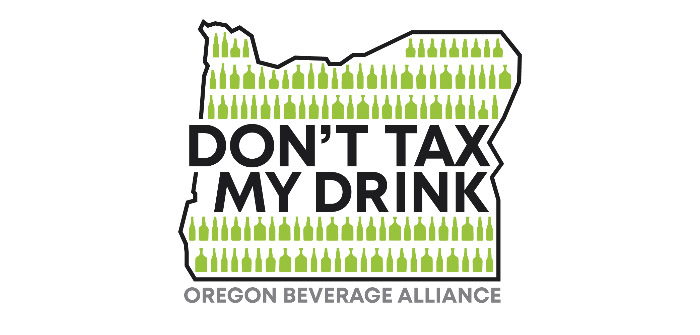Rep. Tawna Sanchez released her amendment to House Bill 3197, creating Oregon’s first ever state grocery and restaurant sales tax, which would increase prices on legal-age drinkers in Oregon by 8%.
“With the highest cost increases in generations and no end in sight, a new 8% sales tax would only harm Oregonians trying to make their hard-earned dollars stretch,” said the Oregon Beverage Alliance. “Lawmakers should not be raising prices through a regressive sales tax on constituents when they’re already at record highs. Additionally, the beer and wine sectors are seeing record closures with 70 breweries, taprooms and brewpubs and 60 wineries and tasting rooms shuttering in the past two year as fewer people are drinking.”
HB 3197 states the additional revenue is needed for youth prevention, yet youth drinking is at an all-time low, a trend that’s occurred for more than two decades as existing prevention programs are working. Alcohol taxes are already the third largest source of revenue for the state, yet only 3% goes to funding drug addiction and mental health. The legislature sends the rest to the general fund. Before increasing taxes on constituents, lawmakers should utilize existing revenue if youth drug addiction and recovery services are truly needed.
Last year Oregon brewers, winemakers and cidermakers worked with Sanchez on a taskforce to examine alcohol taxes. The taskforce declined to recommend a tax increase and 87.5% of the public comments submitted opposed tax increases. Instead, the taskforce found the Oregon Health Authority lacks accountability and fails to track spending or results. Oregon Health Authority said it cannot account for $72 million in substance use disorder spending last biennium.
“We’ve showed we’re willing to come to the table and find solutions to Oregon’s drug addiction problem, but this bill ignores findings and economic studies that state alcohol taxes will not curb problem or youth drinking,” said the Oregon Beverage Alliance. “The legislature should instead hold agencies responsible for waste and repurpose existing funds for better use of programs with metrics of success.”
Oregon is home to more than 300 breweries, 900 wineries, 1,300 vineyards, 70 cideries, 100 distilleries, 73 distributors and 10,000 restaurants, creating hundreds of thousands of good-paying jobs and more than $17 billion in economic activity for the state. These numbers are down because of record closures and Oregonians who rely on these job creators don’t need higher taxes.
About the Oregon Beverage Alliance:
The Oregon Beverage Alliance is made up of local brewers, winemakers, cidermakers, distillers and their supply and hospitality partners creating hundreds of thousands of jobs and generating $17 billion of economic activity for Oregon annually.





